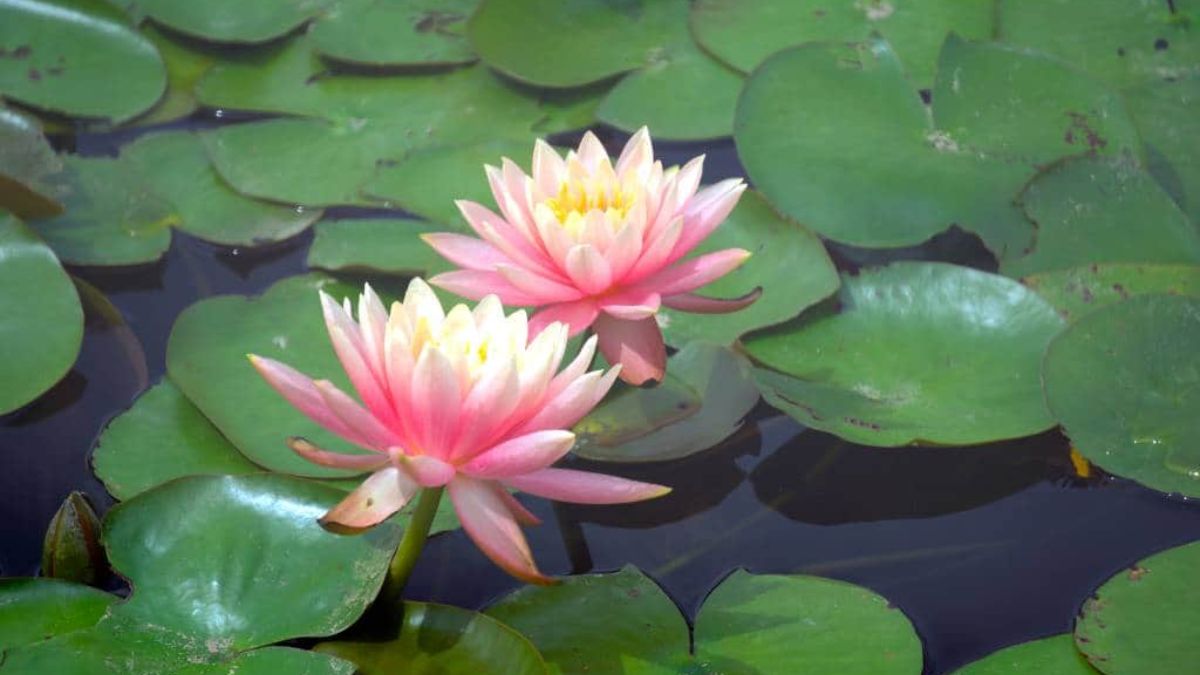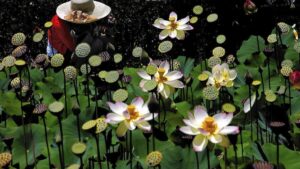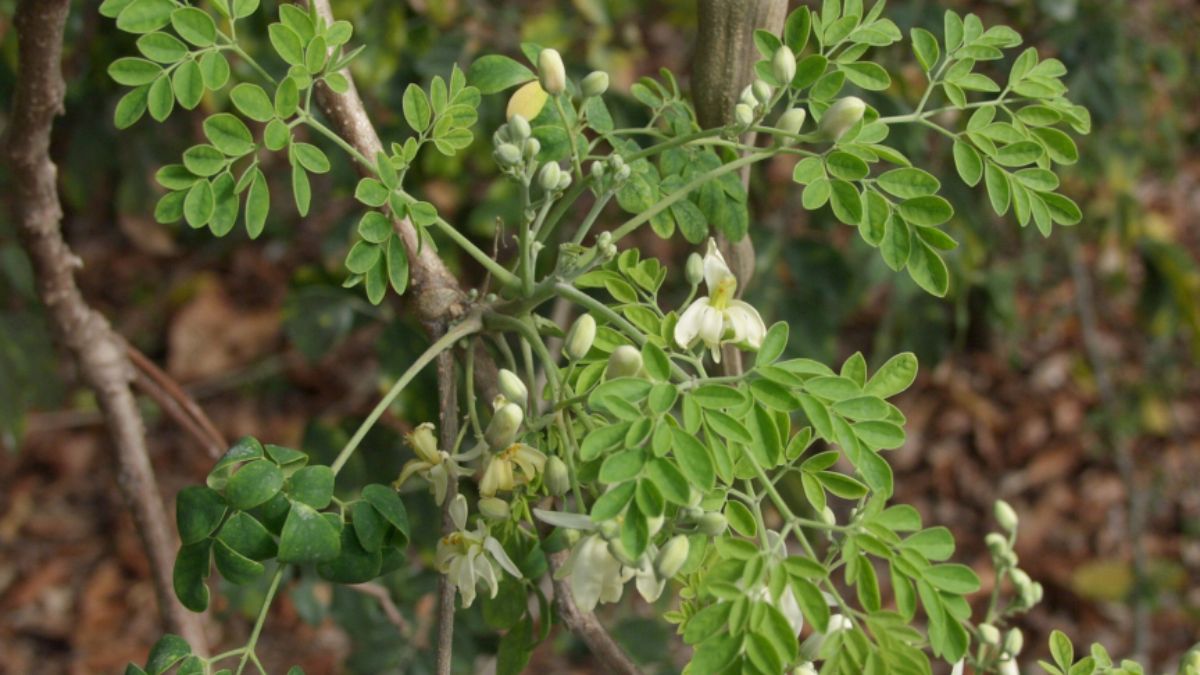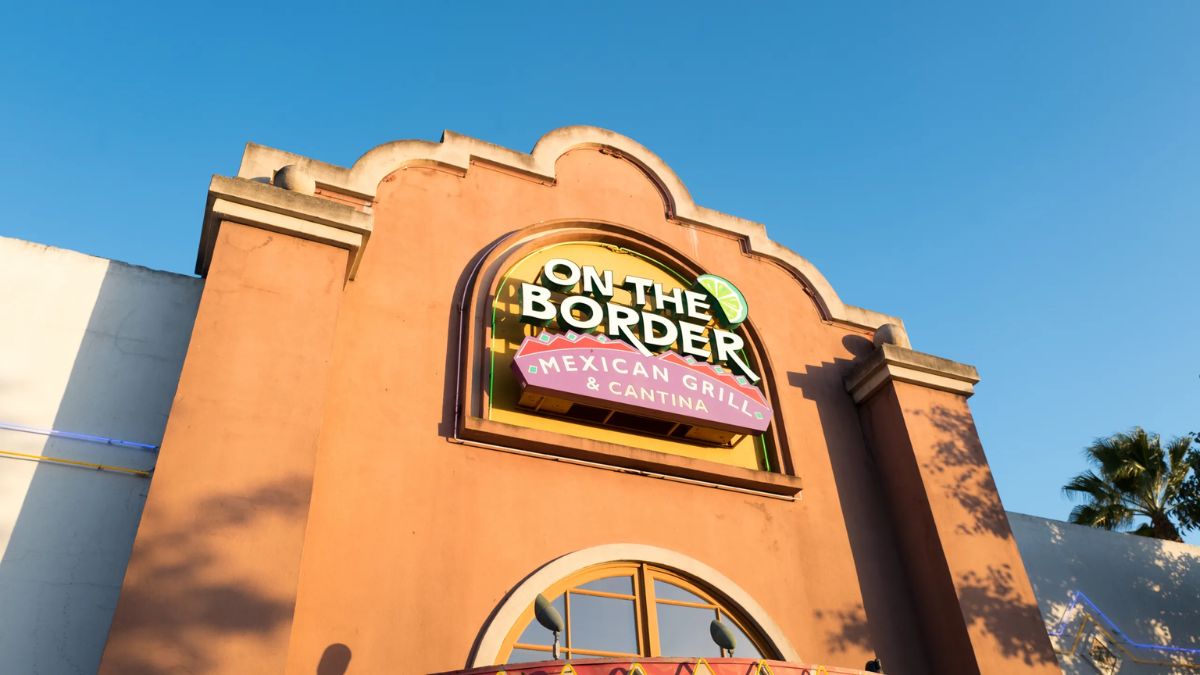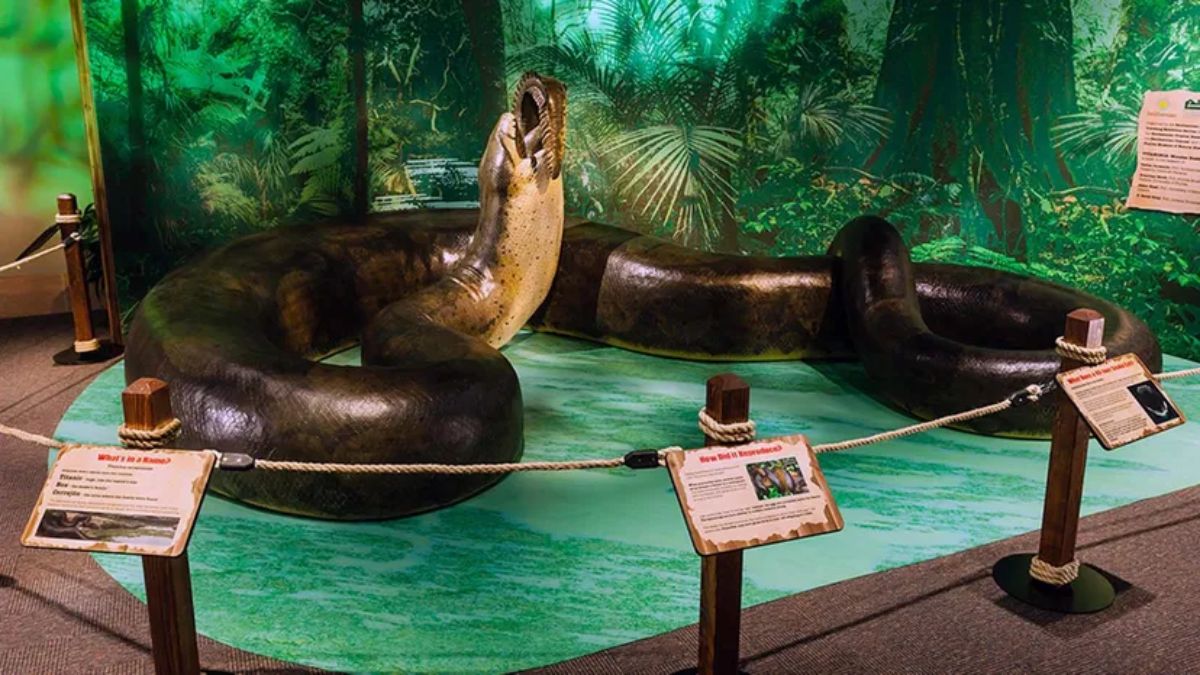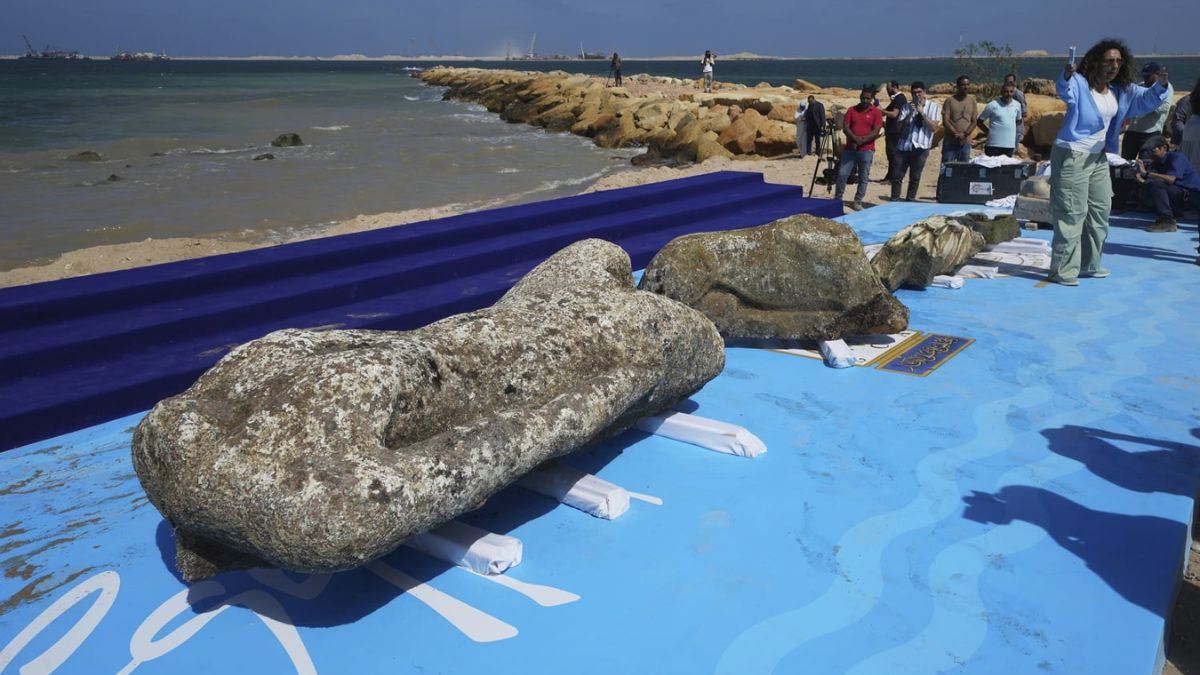Every summer, the city of Los Angeles lights up with color, culture, and community during the annual Lotus Festival. Held in Echo Park, this vibrant celebration honors Asian and Pacific Islander cultures through music, dance, food, and art.
Table of Contents
But behind all the fireworks and food trucks lies a fascinating history that dates back to 1972. So, how did this local celebration grow into a cultural tradition cherished by thousands? Let’s take a trip back in time and uncover the roots of the Lotus Festival.
Origins
The story begins in the early 1970s, when Los Angeles was experiencing a cultural awakening. The city had a growing population of Asian and Pacific Islander communities, many of whom were underrepresented in public events and cultural programming. In response, city officials and community leaders joined forces to create an event that would showcase the richness and diversity of these communities. That event became the first Lotus Festival in 1972.
The name wasn’t picked at random either. The lotus flower holds deep spiritual and cultural significance across many Asian traditions, symbolizing purity, strength, and rebirth. Echo Park Lake, with its beautiful lotus beds, was the perfect backdrop for a celebration rooted in heritage and symbolism.
Growth
From its humble beginnings, the festival started to attract more attention. Initially a small community gathering, it quickly turned into a massive annual event. What set the Lotus Festival apart was its dedication to spotlighting a different Asian or Pacific Islander country each year. This rotating “host nation” format allowed attendees to learn about specific cultures more deeply—from traditional foods and clothing to performances and rituals.
As the years passed, more volunteers, artists, and vendors got involved. City agencies, local businesses, and nonprofit organizations also joined the effort, helping the festival grow into a multi-day experience. By the 1980s, it had become a summer highlight not just for locals, but for visitors across California.
Traditions
One of the most beloved features of the Lotus Festival is the opening ceremony, complete with a parade of nations, cultural dances, and the ceremonial lighting of lanterns. The dragon boat races on Echo Park Lake are another fan favorite. These competitive races are both thrilling and symbolic, connecting participants with centuries-old traditions from China and other Asian cultures.
Another tradition is the selection of a “Miss Lotus Festival,” a young woman who represents the year’s host culture and acts as a cultural ambassador throughout the festival. It’s more than just a pageant—it’s a recognition of leadership, heritage, and community involvement.
Challenges
Like any long-standing event, the Lotus Festival has faced its share of challenges. In the early 2000s, the lotus flowers in Echo Park Lake mysteriously disappeared due to pollution and poor maintenance. Since the flowers were central to the festival’s identity, this sparked concern.
But the community wasn’t about to let the tradition fade. Environmental activists, city officials, and local residents rallied together. With the help of donations and city funding, the lake was cleaned, and the lotus flowers were eventually replanted. By 2014, the flowers had returned, and so did the full spirit of the festival.
Impact
Today, the Lotus Festival stands as one of LA’s most inclusive and educational cultural events. It continues to foster a deeper appreciation for the heritage of Asian and Pacific Islander communities. It has also become a platform for emerging artists, small businesses, and cultural organizations to connect with a broader audience.
It’s not just about entertainment—it’s about unity, representation, and cultural pride. Many young people who once attended the festival as children now return with their own families, continuing the tradition and passing down its values to the next generation.
Legacy
The Lotus Festival has evolved into much more than a local gathering. It’s a legacy event that captures the soul of Los Angeles—a city built on diversity, resilience, and celebration. What started as a small cultural tribute in 1972 has blossomed into a beacon of inclusion and pride.
And just like the lotus flower that blooms beautifully even in muddy waters, the festival continues to thrive through the challenges and changes of time, reminding us all of the strength that comes from culture, community, and coming together.
FAQs
When did the Lotus Festival begin?
It began in 1972 in Los Angeles’ Echo Park.
Why is it called the Lotus Festival?
It’s named after the lotus flower in Echo Park Lake.
What cultures does it celebrate?
Asian and Pacific Islander cultures are honored.
What is a key tradition of the festival?
The dragon boat races on Echo Park Lake.
Who organizes the festival today?
The City of LA with community groups and volunteers.

